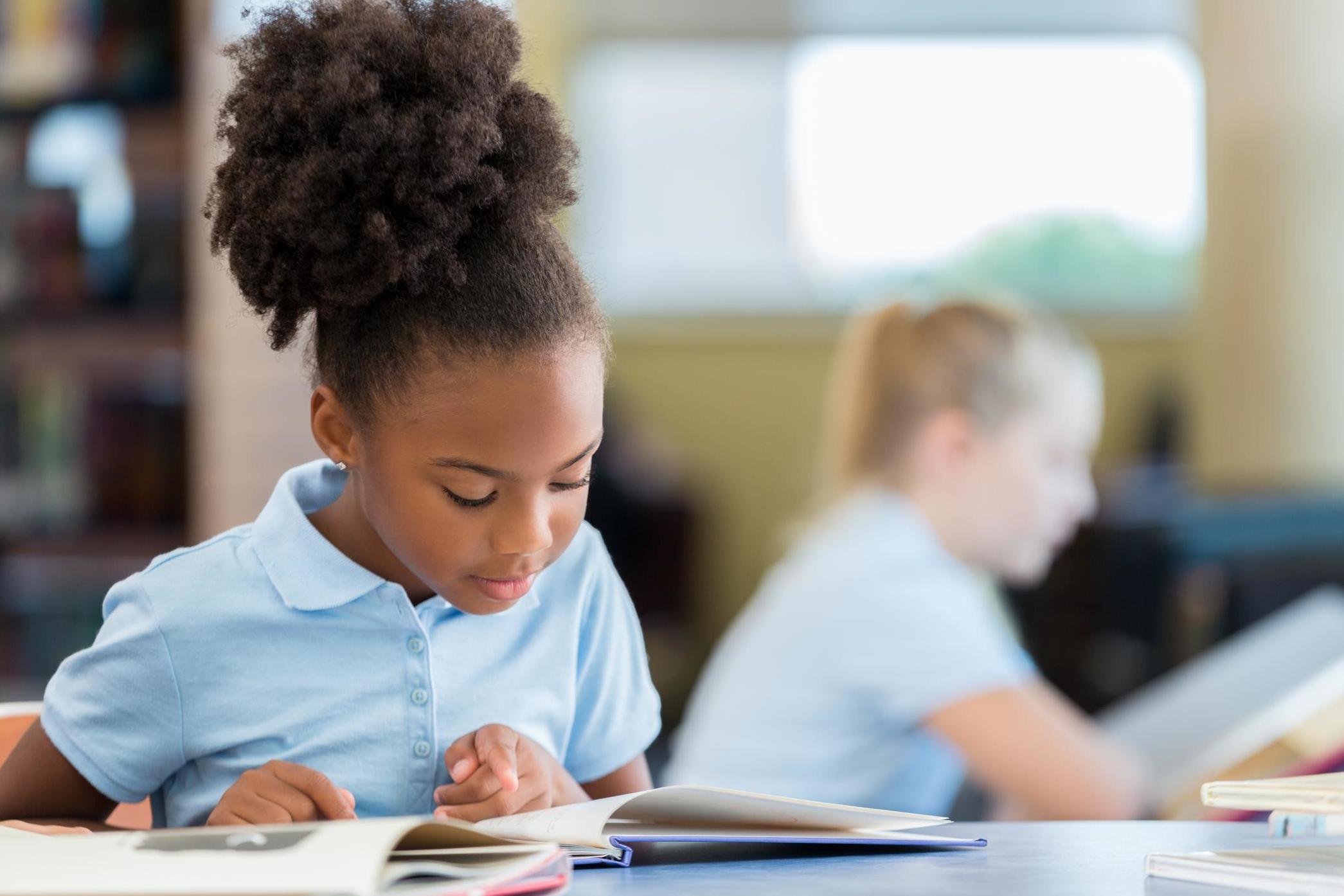Women who went to all-girls schools are better at combating sexual harassment, says headmistress
‘There isn't any sense of it being normalised’

Your support helps us to tell the story
From reproductive rights to climate change to Big Tech, The Independent is on the ground when the story is developing. Whether it's investigating the financials of Elon Musk's pro-Trump PAC or producing our latest documentary, 'The A Word', which shines a light on the American women fighting for reproductive rights, we know how important it is to parse out the facts from the messaging.
At such a critical moment in US history, we need reporters on the ground. Your donation allows us to keep sending journalists to speak to both sides of the story.
The Independent is trusted by Americans across the entire political spectrum. And unlike many other quality news outlets, we choose not to lock Americans out of our reporting and analysis with paywalls. We believe quality journalism should be available to everyone, paid for by those who can afford it.
Your support makes all the difference.Women who attended single-sex schools are better equipped to combat sexual harassment, an esteemed headmistress has said.
This is because they were not at risk of unwanted male attention in the classroom and are therefore not conditioned to accept it as commonplace if and when it happens as adults.
According Charlotte Avery, head of St Mary’s School in Cambridge, these women are more likely to actively speak out against sexual harassment if it happens to them after they leave school, reports The Times.
“I think that there isn’t any sense of it being normalised, because they don’t see it, because it is simply not there,” she explains.
“So I think they are then possibly surprised when they hear about it.”
She continued to describe the environment of an all-girls’ school as a “privileged space”, explaining that these students will graduate with the confidence to call-out harassment when they see it because it’s not something they’re used to witnessing.
Avery added that role models are crucial in determining how young people view and address sexual harassment, urging school children to look outside of celebrity culture for inspirational and relatable figures to aspire towards.
“If they can find role models who are less elevated but still present in their lives, and that might be a teacher, it might be a figure in their life outside school, that's also very important,” she said.
Avery’s claims come shortly after a recent YouGov poll revealed that almost one in three (29 per cent)16 to 18-year-old girls have experienced unwanted sexual touching at school.
Meanwhile, nearly three-quarters (71 per cent) said they hear sexual name-calling directed towards girls at school on a daily basis or a few times a week.
Join our commenting forum
Join thought-provoking conversations, follow other Independent readers and see their replies
Comments